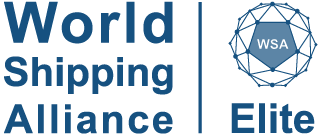
Is the term used to describe the delivery of goods to an available designation at their place of business, normally in their factory, offices or warehouse? The seller does not need to then load items onto a truck or ship, and the remainder of the shipment is the responsibility of the buyer (e.g. overseas shipment and customs duty)

Requires the seller to deliver the goods to the buyer or its carrier either at the seller’s premises loaded onto the collecting vehicle or delivered to another premises (typically a forwarder’s warehouse, airport or container terminal) not unloaded from the seller’s vehicle. The seller must carry out any export formalities and the buyer carries out any import formalities.
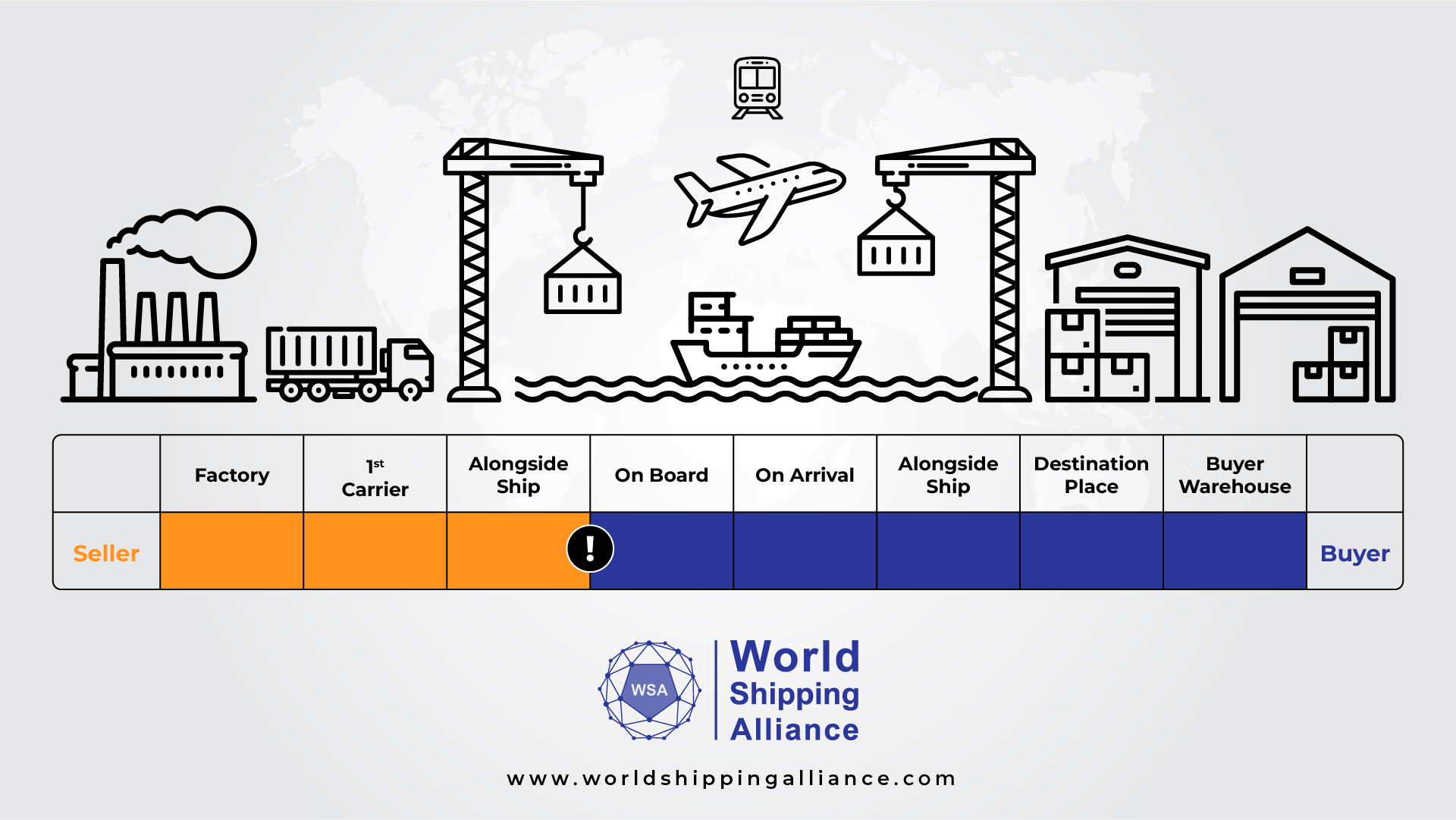
The goods are not delivered until the vessel is available in the port of shipment for the goods to be next to it. The seller must carry out export formalities and the buyer must carry out import formalities. The buyer contracts for carriage therefore the shipper on the bill of lading should be the buyer not the seller.
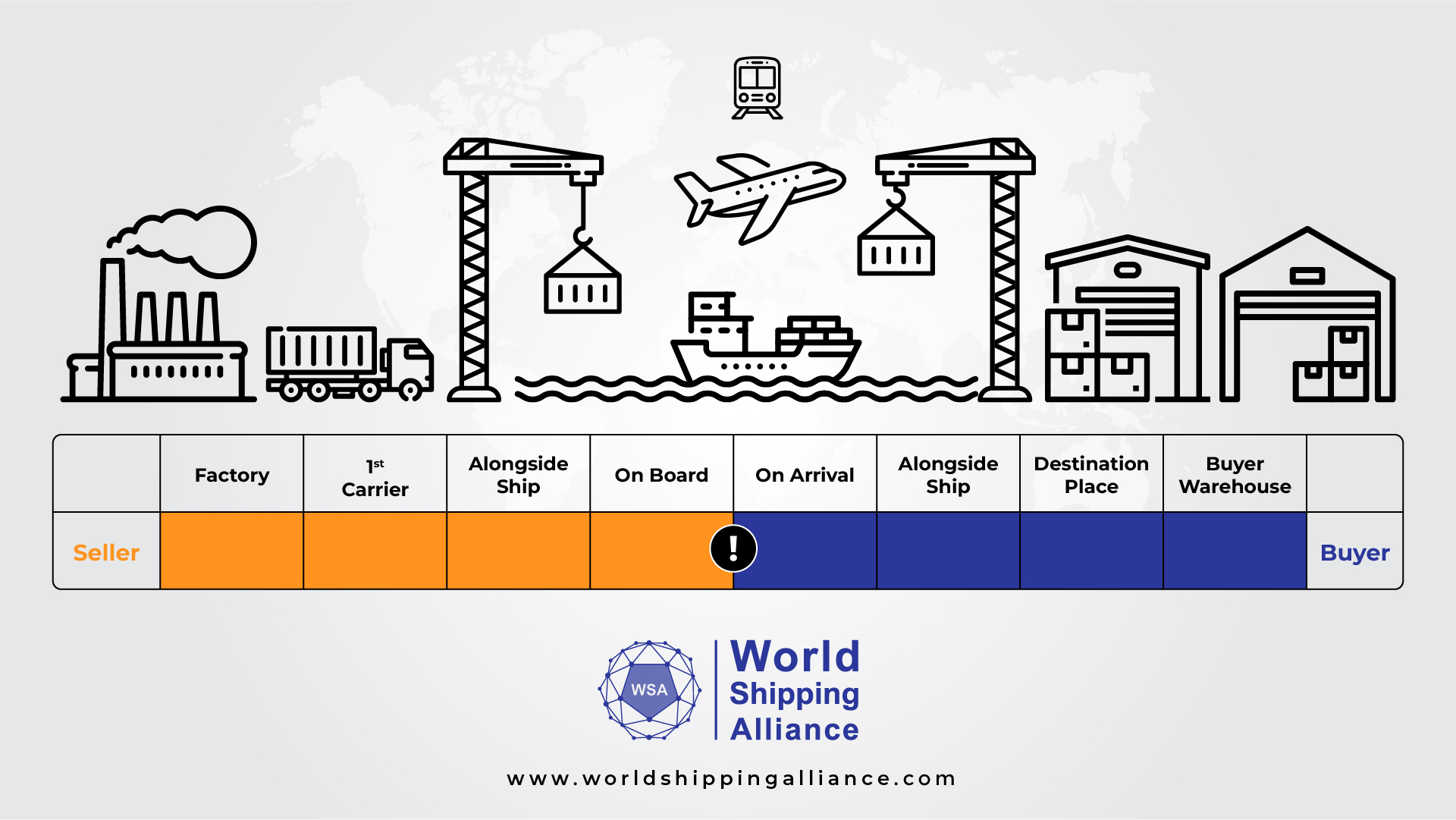
It occurs when the seller delivers the goods to the port of shipment, at which then it becomes the responsibility of the buyer once unloaded onto a vessel. If the goods are damaged when on board the vessel, it’s the responsibility of the buyer.
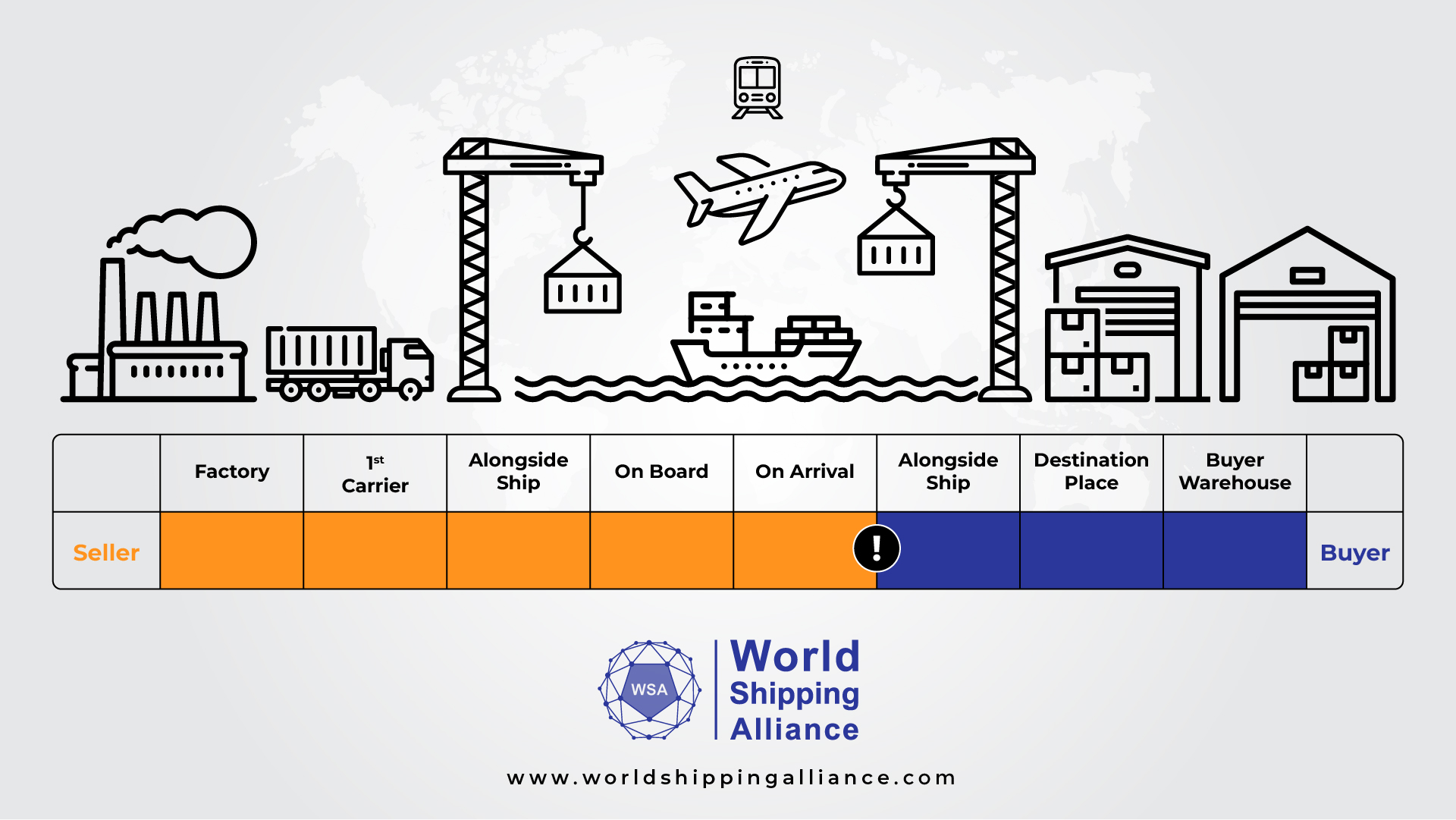
The term CIF means that the seller has more responsibility; they will pay for and arrange transportation, freight duties and insurance. This can be contrasted with a seller under an FOB shipping transaction; where the seller is merely responsible for delivery of the goods to the port of origin; they will then be transported.

It’s a legal term used in international shipping meaning the seller assumes more responsibility for the delivery of goods and needs to pay for transport to an agreed port. The seller will also need to pay for the delivery of goods and export, up until the point the goods are loaded on board the ship
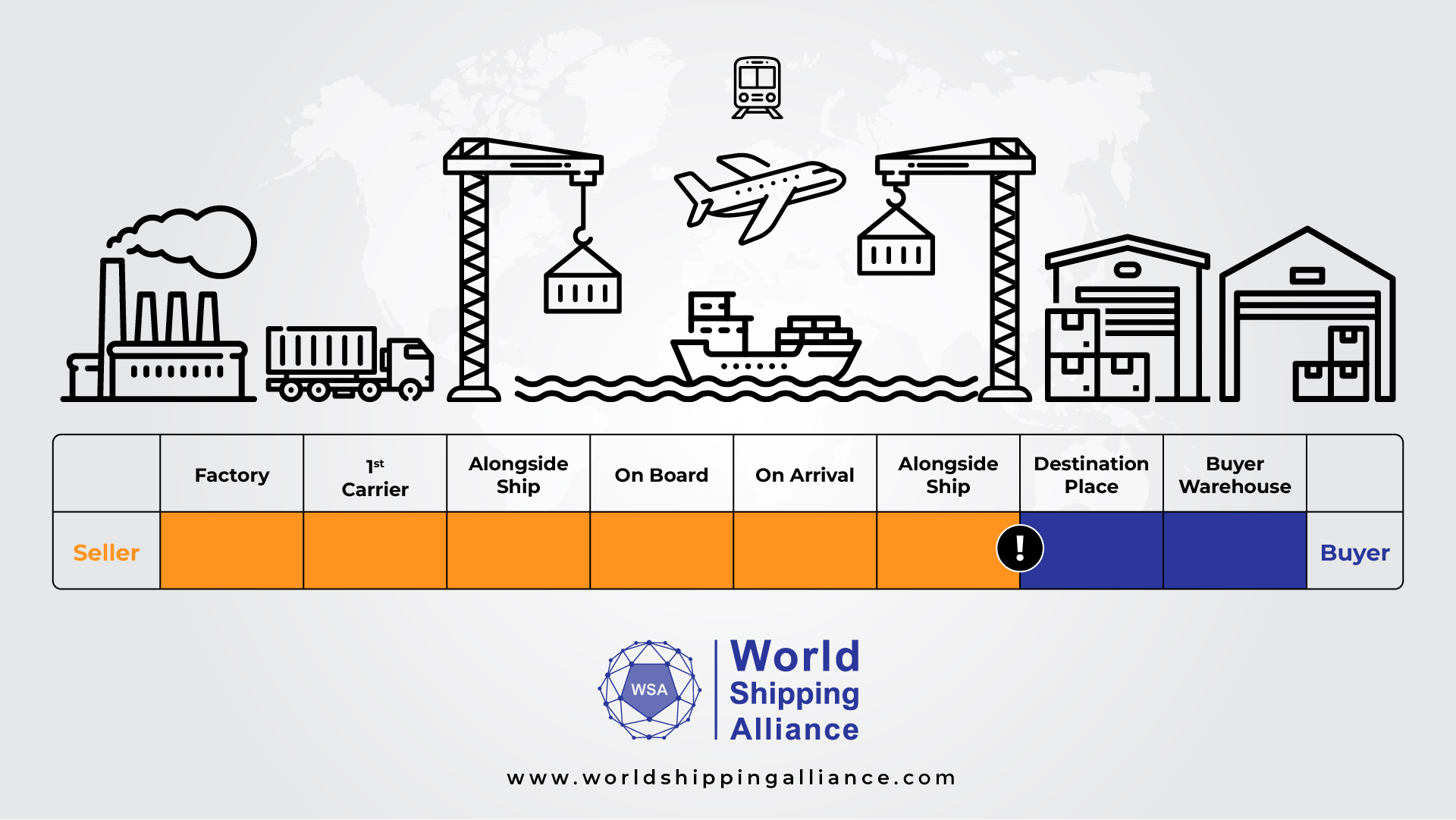
Is an Incoterm where the seller is responsible for the delivery of goods to an agreed destination in the buyers’ country, and must pay for the cost of this carriage. The sellers risk however, ends once they have placed the goods on the ship, at the origin destination. The buyer can pay for additional insurance during carriage of the goods. The risk is passed when the goods are received by the first carrier.

It goes into a little more detail than FCA, specifying that the seller bears the costs for transporting the goods to the nominated place that the buyer requests. The risk transfers to the buyer immediately when delivery has been made

DAP means that seller bears the risk of any issues with the goods until the agreed delivery point. If there are any extra fees for unloading the goods, the seller must incur these.

This is a new rule for 2020. Delivered at place unloaded is where the seller clears goods for export and is fully responsible for the goods until they have arrived at a named terminal at the end destination. The goods must be unloaded at the terminal. DAT can be used with any transportation mode.
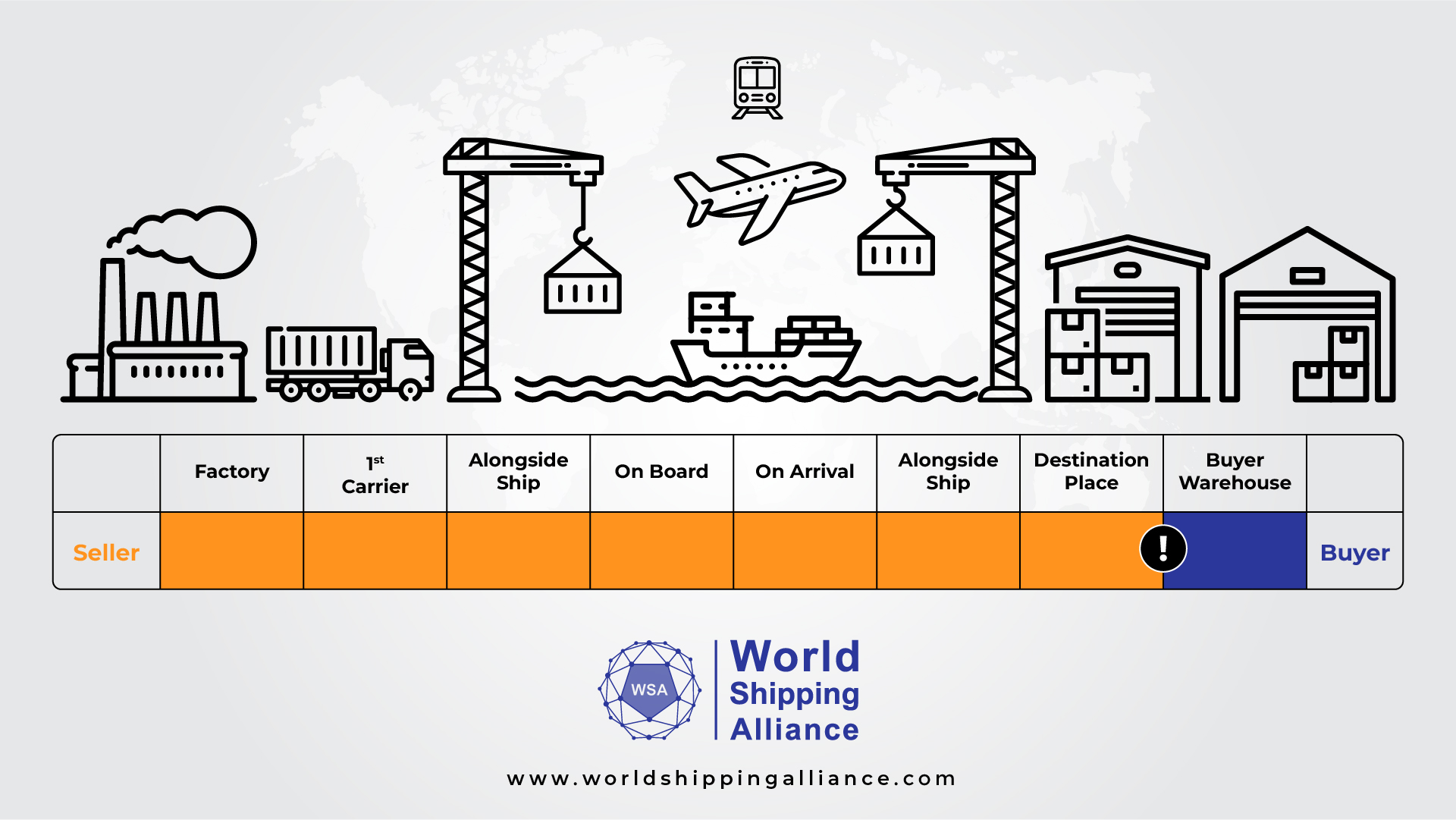
The delivery of goods where the seller takes most responsibility. Under DDP, the supplier is responsible for paying for all of the costs associated with the delivery of goods right up until they get to the named place of destination. The buyer is then responsible for unloading the goods at the end destination.
